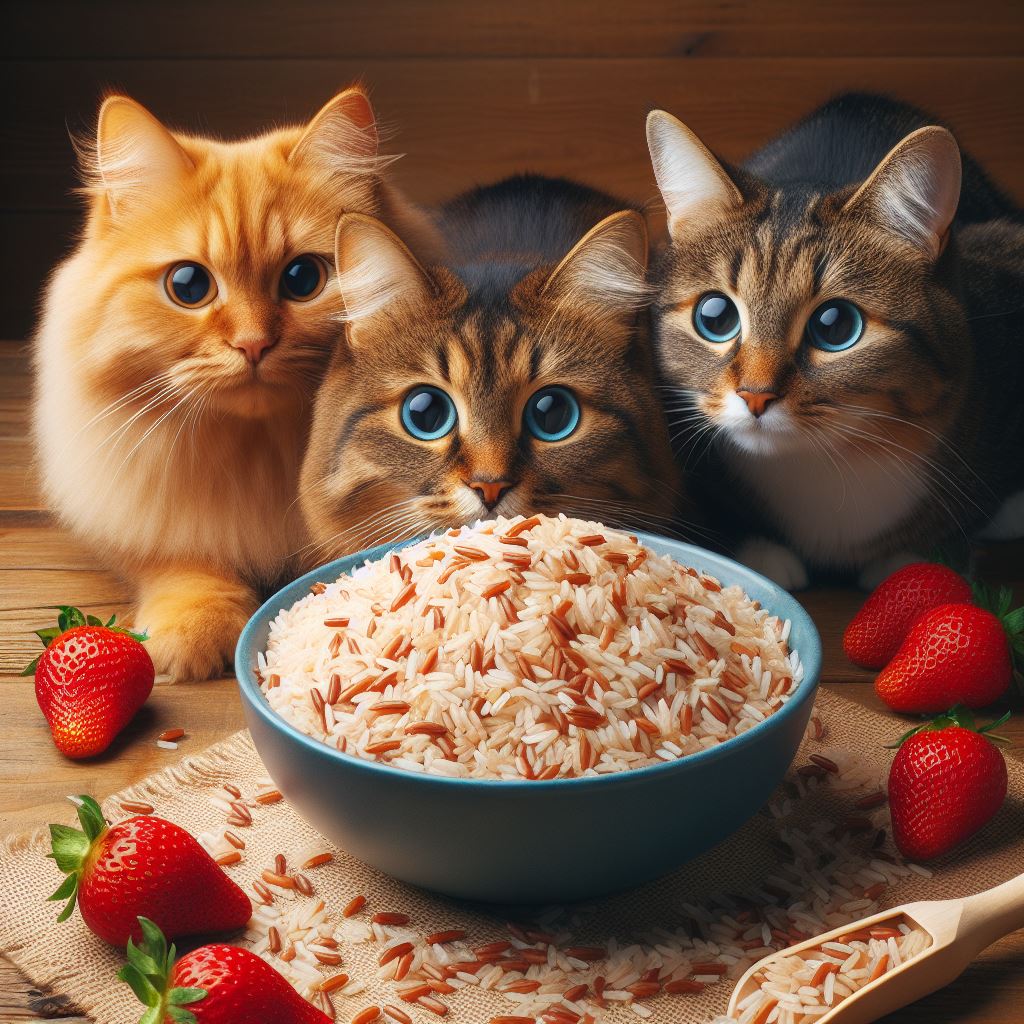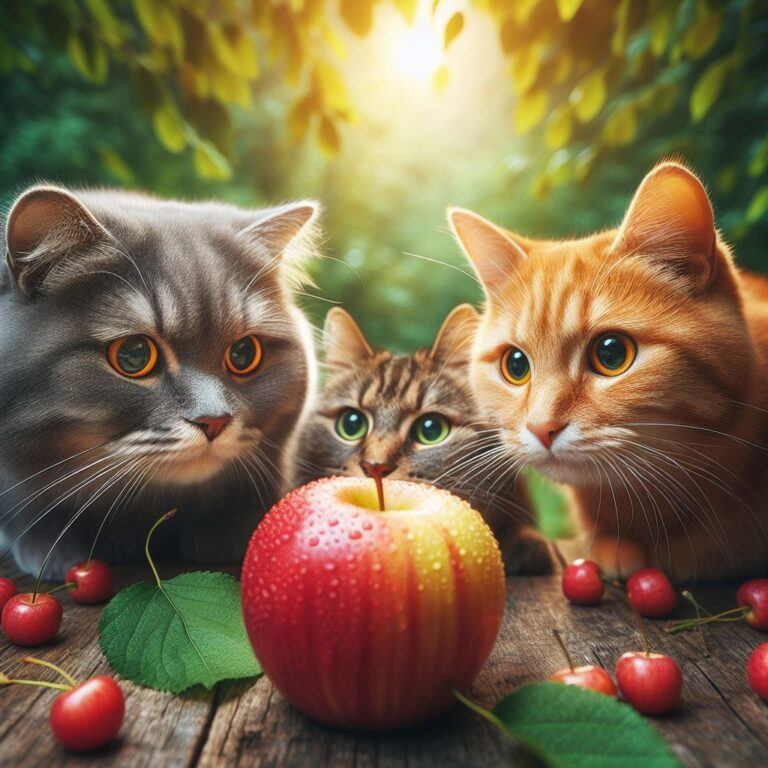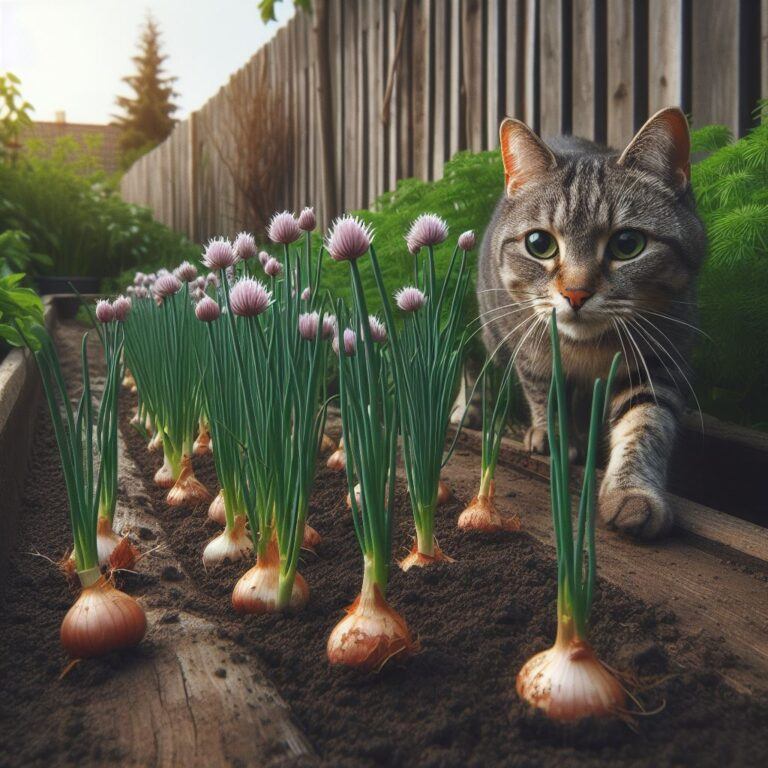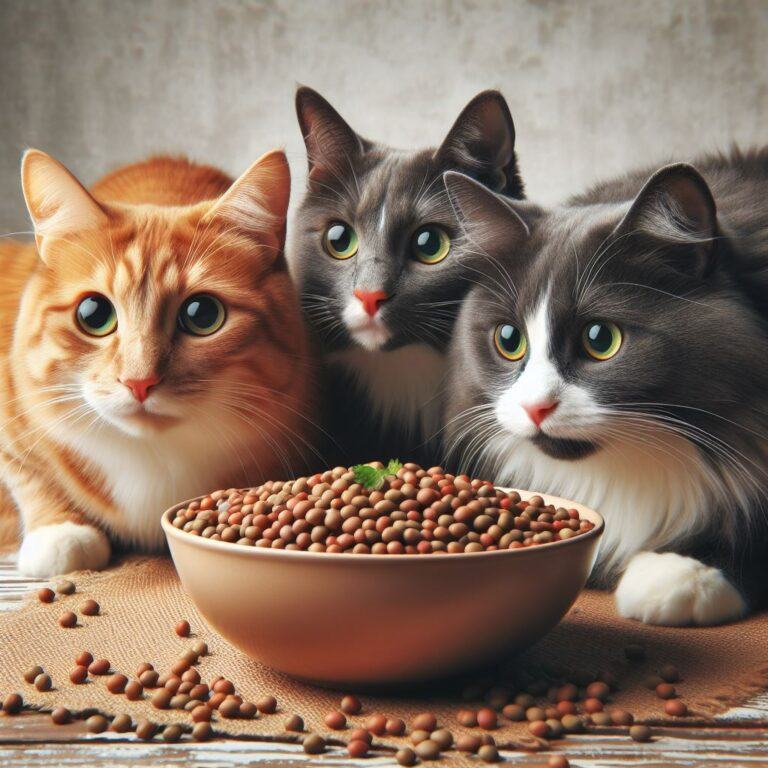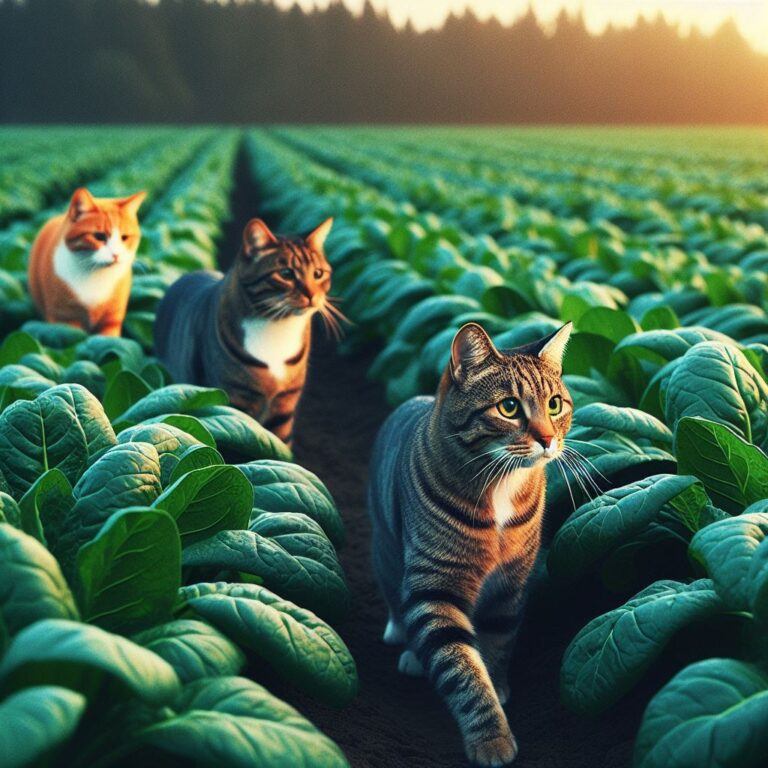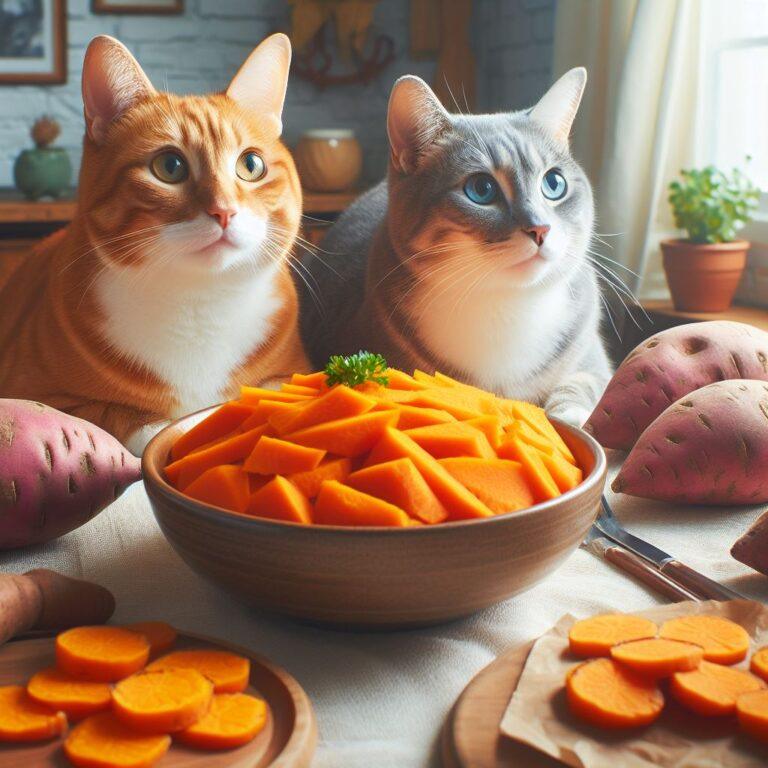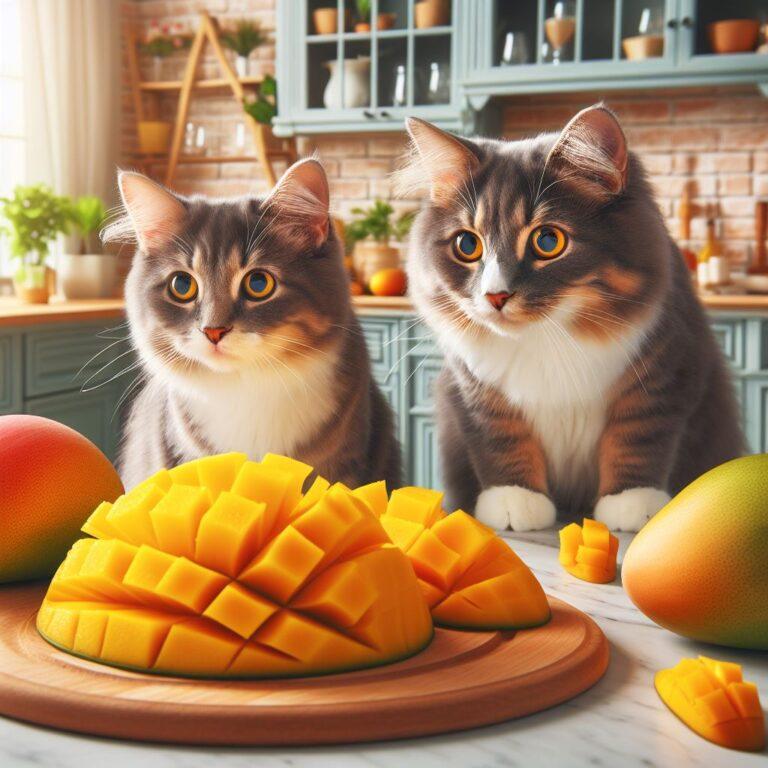Can Cats Safely Eat Brown Rice
Yes, I can confirm that cats can safely eat brown rice in moderation. It’s essential to approach your cat’s diet with care, especially when introducing new foods. Brown rice is non-toxic to cats and can offer a supplementary source of energy, owing to its carbohydrate content.
When considering brown rice for your cat, the nutritional benefits are worth noting. Brown rice provides fiber, which can aid in digestion, and is a source of essential minerals like magnesium and selenium.
However, portion control is crucial. A small serving of brown rice can be beneficial, but too much could lead to unnecessary weight gain or nutritional imbalances, as cats have a limited capacity to process carbohydrates.
It’s also vital to introduce brown rice gradually to your cat’s diet to avoid digestive upset.
Now that I’ve established brown rice as a safe option for cats, let’s segue into how you can properly prepare and serve it. Ensuring it’s cooked and combined with their regular food in the right way will help preserve its nutritional benefits and appeal to your feline friend.
The Right Way to Serve Brown Rice to Cats
If I’ve piqued your interest and you’re considering adding brown rice to your cat’s menu, here’s how to do it right. Any new food requires a cautious approach to prevent digestive upset.
When it comes to cooking brown rice for your cat, plain is the name of the game – that means NO added spices, salt, onions, garlic, or any other ingredient that could be harmful.
You might prefer your brown rice with a little extra flavor, but cat’s digestive systems are vastly different from ours. A cat’s simple and delicate palate coupled with its unique dietary needs means that anything beyond plain brown rice could cause more harm than good.
But simply cooking rice isn’t enough. It’s crucial to mix brown rice with their regular, meat-based cat food to maintain a nutrient-rich diet. Brown rice should only be a small part of the meal – think of it as a side dish, not the main course.
Retaining the nutrients when cooking brown rice is also vital for your feline friend. Be sure to follow the package instructions carefully to avoid overcooking, which can strip away some of the beneficial properties.
And remember, just because it’s on your plate doesn’t mean it’s good for your pet. Always double-check.
Finally, be attentive to how your cat responds after eating brown rice. Some cats might experience digestive discomfort, especially if it’s their first time trying this type of carbohydrate.
Look for any changes in their stool or signs of an upset stomach and consult your vet if you notice anything unusual.
Understanding Your Cat’s Nutritional Needs
Cats are obligate carnivores, which means their diets must predominantly consist of meat such as turkey or chicken to remain healthy. While they can consume other foods like brown rice, their bodies are finely tuned to process animal proteins.
Carbohydrates are not a dietary requirement for cats, but they aren’t inherently harmful in small quantities. Brown rice can be a non-essential, yet harmless part of their meals occasionally, provided it doesn’t displace their necessary protein intake.
If you’re considering adding brown rice or other natural ingredients to your cat’s commercial diet, always consult with a veterinarian first. A professional can provide tailored advice to ensure any dietary changes benefit your cat’s specific health needs.
When adjusting your cat’s menu, moderation and balance are key. Too much of a good thing can lead to weight gain and other health issues in cats. Keeping an eye on their overall caloric intake helps maintain a healthy weight and supports their well-being.
In conclusion, while brown rice can be a safe inclusion in your cat’s diet, it should never overshadow the importance of high-quality animal proteins. For optimal health, focus on giving your cat a balanced diet that meets all their nutritional requirements, including ample hydration, vitamins, and minerals.
Regular check-ups with the vet will contribute to keeping your feline friend happy and thriving for years to come.

